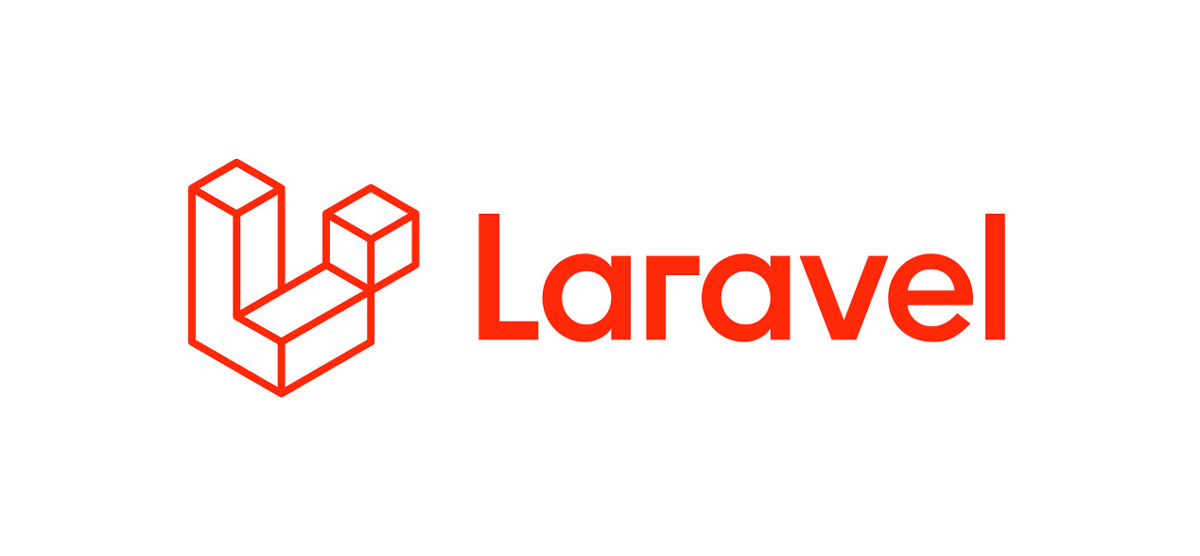
When developing web applications, PHP frameworks are a great way to make the process simpler and more streamlined. Some of these frameworks use well-known design patterns and convention over configuration paradigm to minimize the number of lines of code developers need to write. Other PHP frameworks are more specific to the purpose you’re working on, such as Zend Framework. Regardless of the framework you choose, you can expect a solid, well-documented, easy-to-use user guide.
The three most popular frameworks are: Yii, Symfony, and Laravel. Each of these is a powerful PHP development tool that can help you build your project faster. These frameworks are designed for different purposes and are primarily intended for web development. However, not all of them are made equally. You may need to learn a bit of C if you want to use this framework, but it’s not essential.
A framework’s strength comes from its flexibility. If you are creating a single page web application, Laravel will make your life easier. It also supports MVC architecture and is highly expressive. Several features make it the perfect choice for enterprise-level applications, and it is secure, fast, and secure. A good framework will support the needs of both business-oriented and consumer-facing websites. One advantage of using a framework is that it’s free.
PHP frameworks vary in their conventions. Some are user-friendly, while others may be intimidating to new developers. In addition to their features, many frameworks also include debugging features and caching, which can improve performance. Therefore, if you are unsure about which framework to use, read the documentation carefully and stick to the instructions. You’ll be glad you did. You’ll have an easier time managing your project once you’ve chosen a PHP framework.